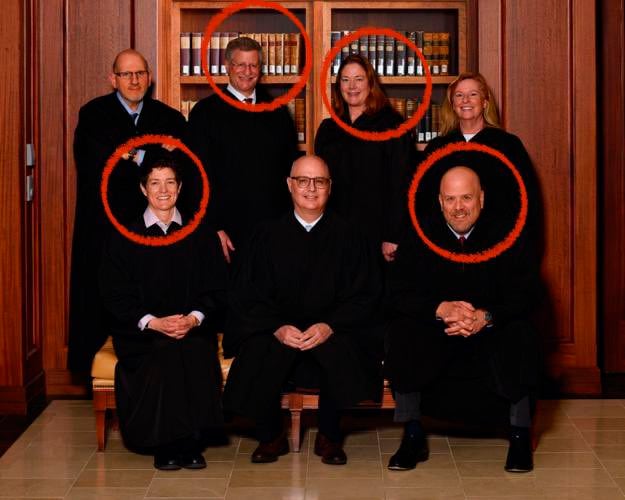Article III, Section 3 of the
United States Constitution, treason is specifically limited to levying war against the U.S., or adhering to their enemies, giving them aid and comfort.
[2]
Penalty: Under U.S. Code Title 18, the penalty is
death,
[4] or not less than five years' imprisonment (with a minimum fine of $10,000, if not sentenced to death). Any person convicted of treason against the United States also forfeits the right to hold public office in the United States.
[5]
The terms used in the definition derive from English legal tradition, specifically the
Treason Act 1351.
Levying war means the assembly of armed people to overthrow the government or to resist its laws.
Enemies are subjects of a foreign government that is in open hostility with the United States.
[6] Treason does not distinguish between participants and
accessories; all persons who rebel or intentionally give aid to hostilities are subject to the same charge.
[7]
Death sentences for treason under the Constitution have been carried out in only two instances: the executions of
Taos Revolt insurgents in 1847, and that of
William Bruce Mumford during the
Civil War. A handful of other people convicted of the offense at the federal level – such as two militants from the
Whiskey Rebellion (John Mitchell and Philip Weigel, who were both
pardoned by President
George Washington[8]) and several people after
World War II – have mostly been pardoned or released.
[9] The last federal treason conviction to be fully upheld was that of Nazi sympathizer
Herbert John Burgman in 1949.

